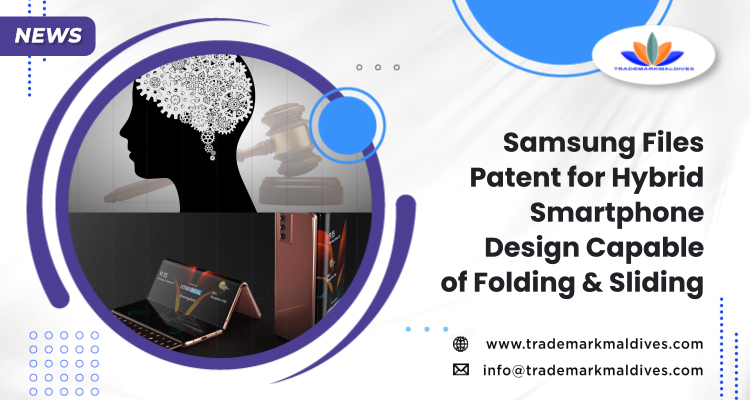Buick, a division of the American automobile manufacturer General Motors (GM), has recently filed a Trademark Application for ‘Electra’ with the Canadian Intellectual Property Office and the US Patent and Trademark Office (USPTO), dated 20th December 2021. Electra is a name familiar under the Buick brand label. The application for the same is filed under the “Motor Land Vehicles, Namely, Automobiles.”
It was at Auto Shanghai (officially called the Shanghai International Automobile Industry Exhibition) last year when the automaker disclosed the concept of the Electra electric crossover. It was intended to display Buick’s brand new, minimalistic language and design, along with its electrified underpinnings. With the filing of this trademark application, there are a lot of many speculations and expectations for the American carmaker bringing over the concept into the United States, perhaps possibly in production form.
It is imperative to note in this case that Buick already filed a trademark application for ‘Electra’ back in 2012. The company held the trademark application till 2014 till the USPTO invalidated the same as neither the ‘Statement of Use’ nor the request for the ‘Extension’ was filed timely after the Notice of Allowance was issued. So, with this new trademark application, it seems as if Buick is moving ahead with the name of its upcoming electric vehicle.
The Buick Electra concept revealed in China blends the looks of a sleek GT car with a four-seat crossover. The concept’s prime highlights and features include 23-inch wheels, illuminated Buick badge, thin-slit headlights, and butterfly doors; however, as per the rumors, not all these elements would reach the production stage, if at all.
The Buick Electra AWD (All-Wheel Drive) came with 02 electric motors putting out 583 horsepower (428.796 kilowatts). It is powered and supported by Ultium batteries that enable up to 372 miles, i.e., 598.676 kilometers of range.
Electra will be sharing its platform with the Cadillac Lyriq (battery-electric crossover). It uses only a single electric motor on the rear axle to produce a power of 254 kW (340 hp) and a torque of 325 lb-ft (440 Nm). With a single charge of its 100 kWh battery, it can reach over 300 miles (482.803 km). The Lyriq Performance AWD is anticipated to offer better numbers, which could be pretty close to what the Electra has promised in its concept form. For more visit: https://www.trademarkmaldives.com
Don’t forget to follow us on social media:
Facebook – https://www.facebook.com/trademarkmaldives/
Twitter – https://twitter.com/trademarkmaldiv
Linkedin – https://www.linkedin.com/company/trademarkmaldives/
Pinterest – https://in.pinterest.com/trademarkmaldives/






Comments